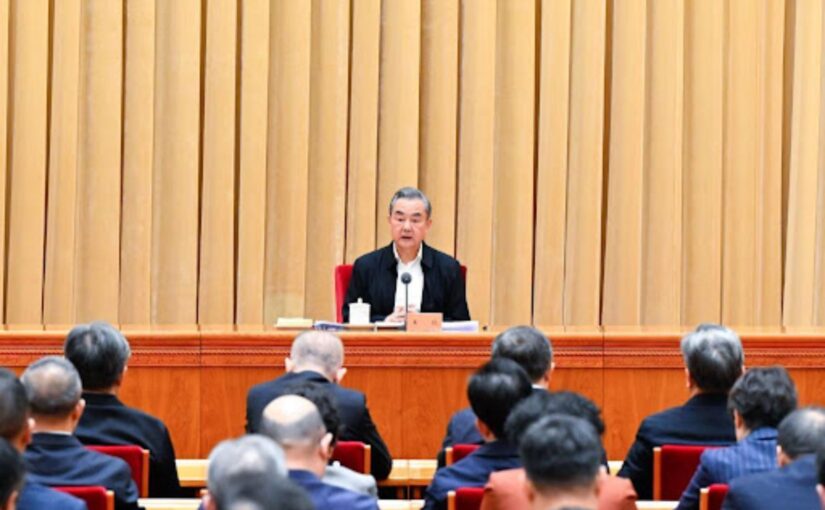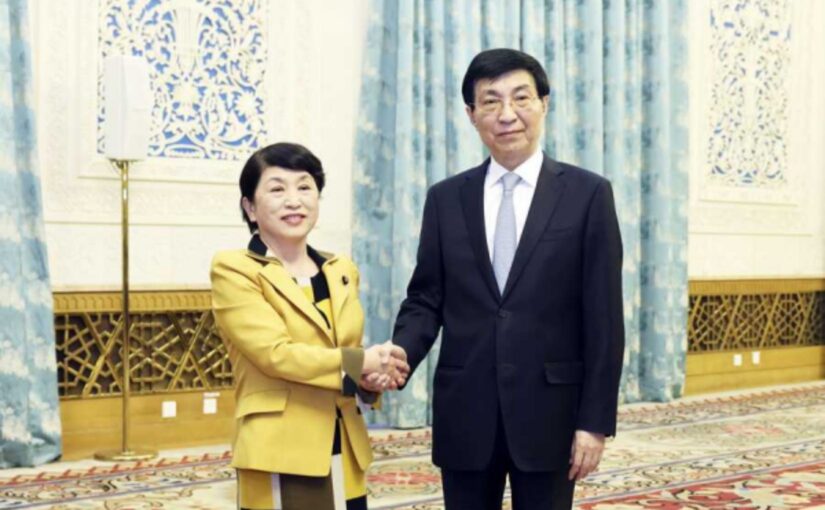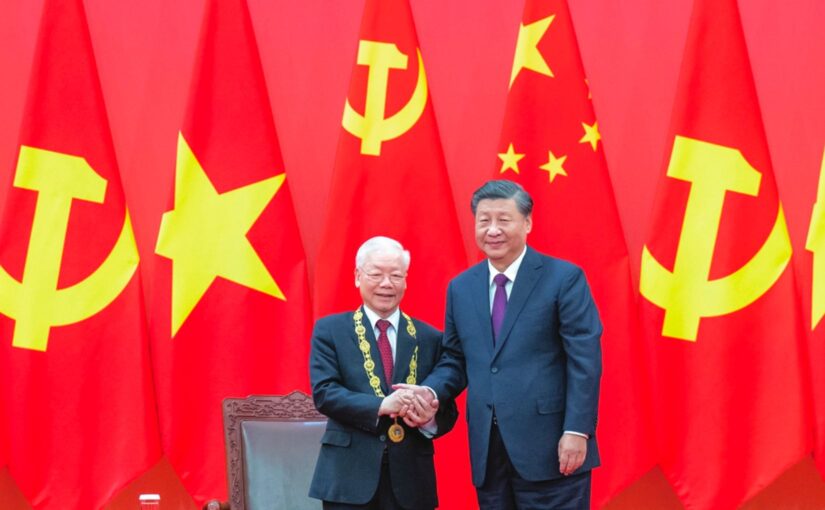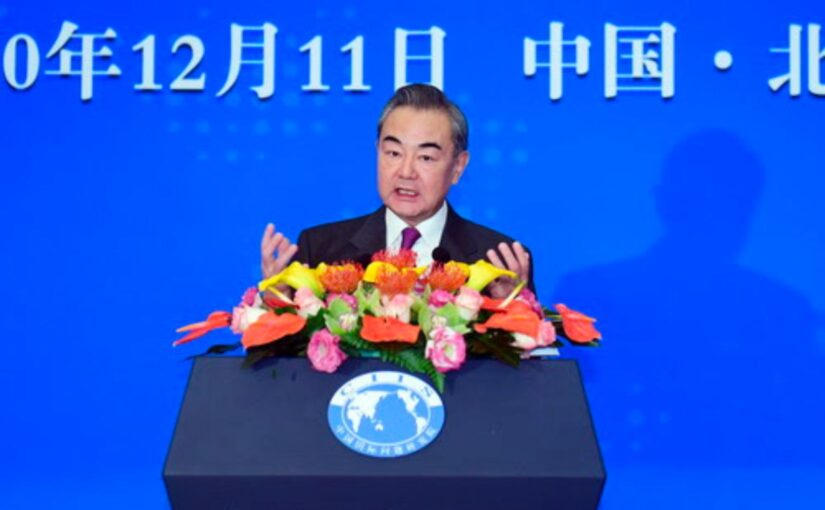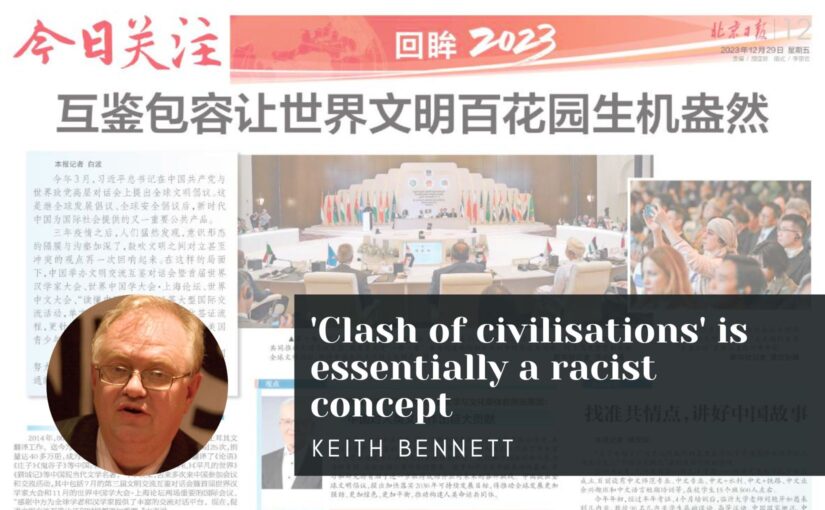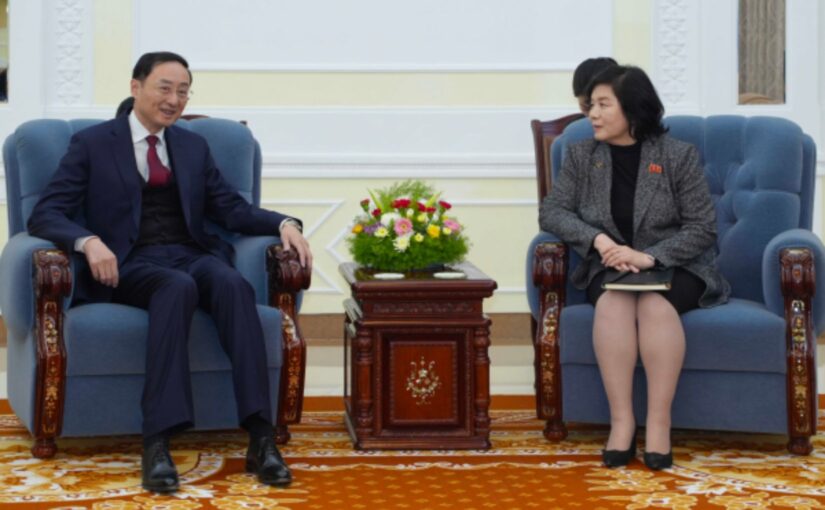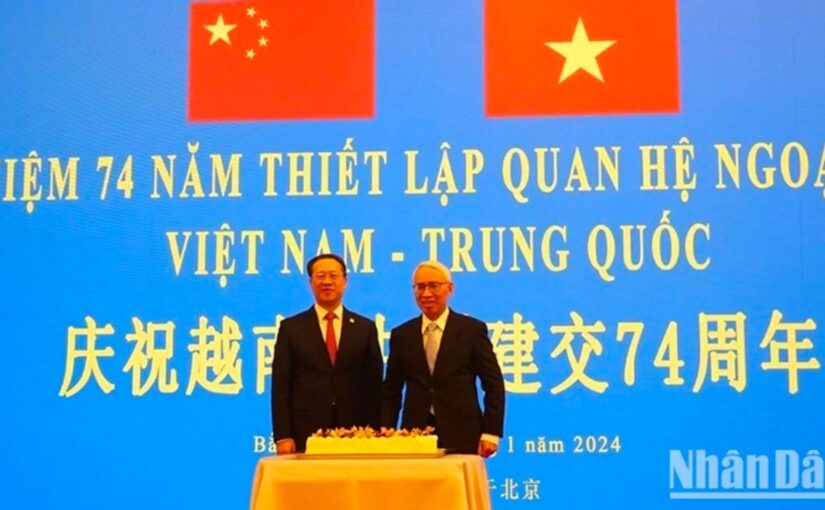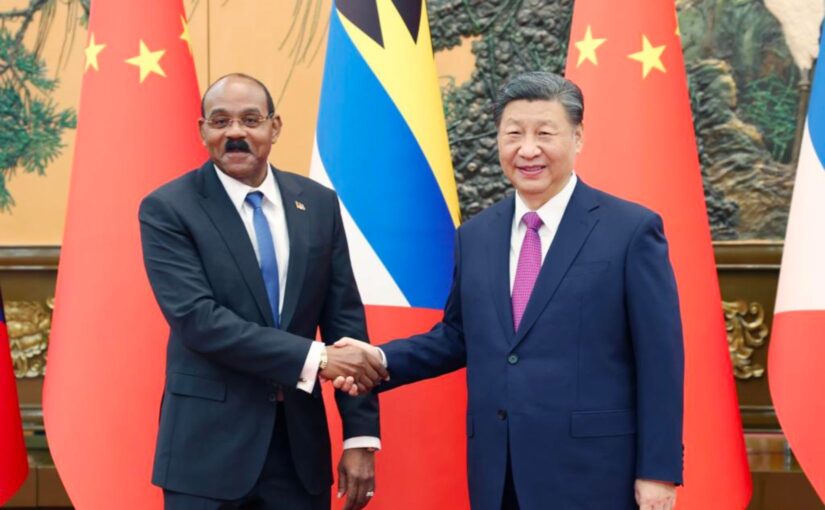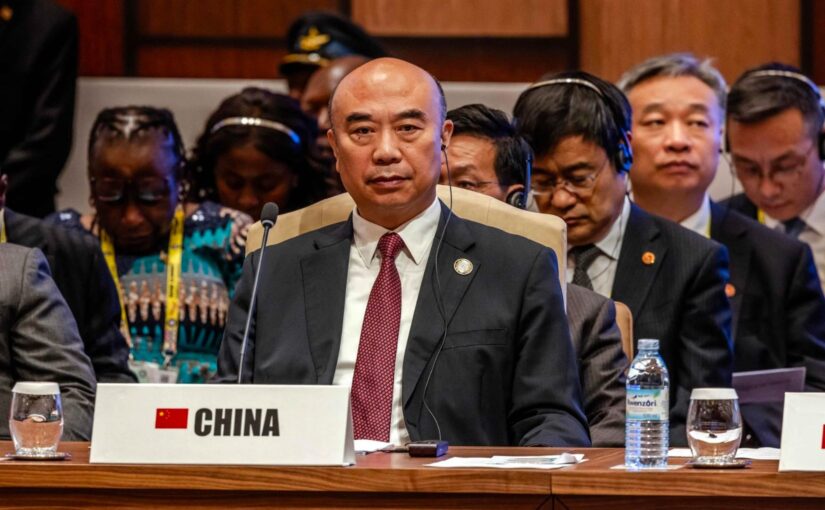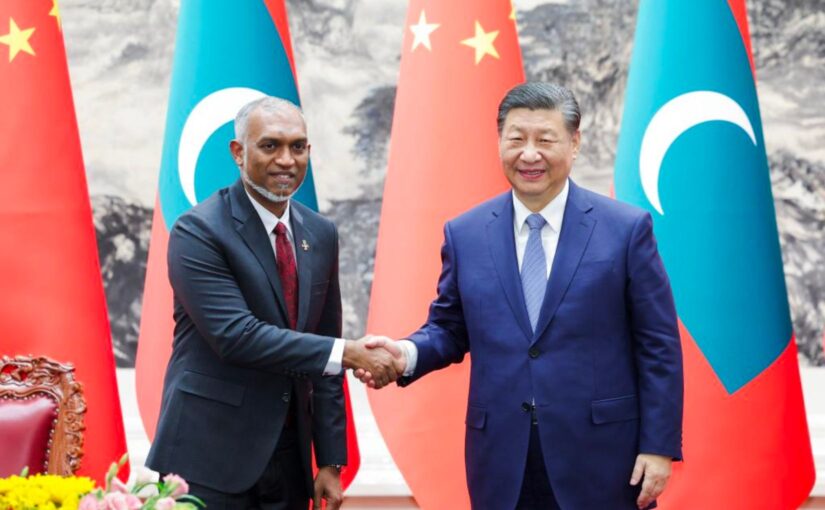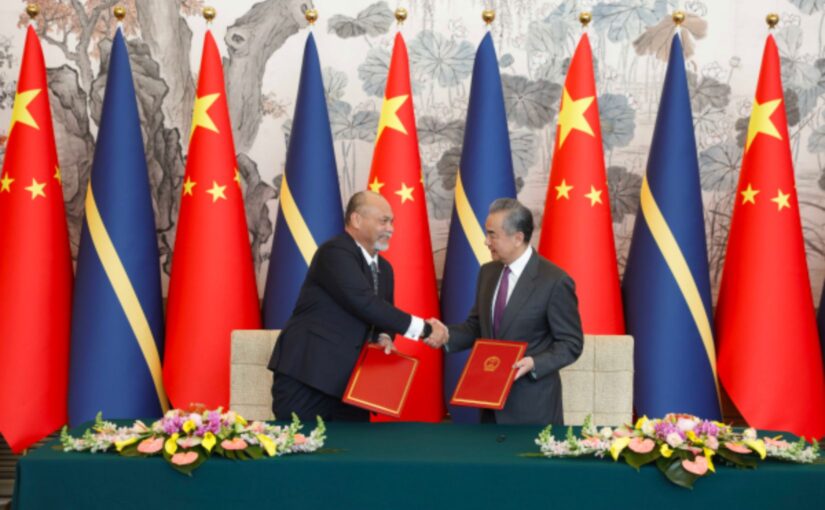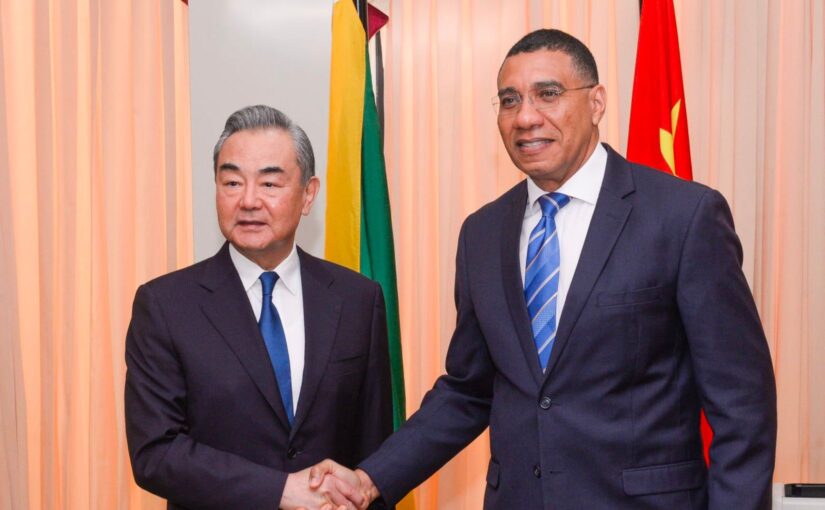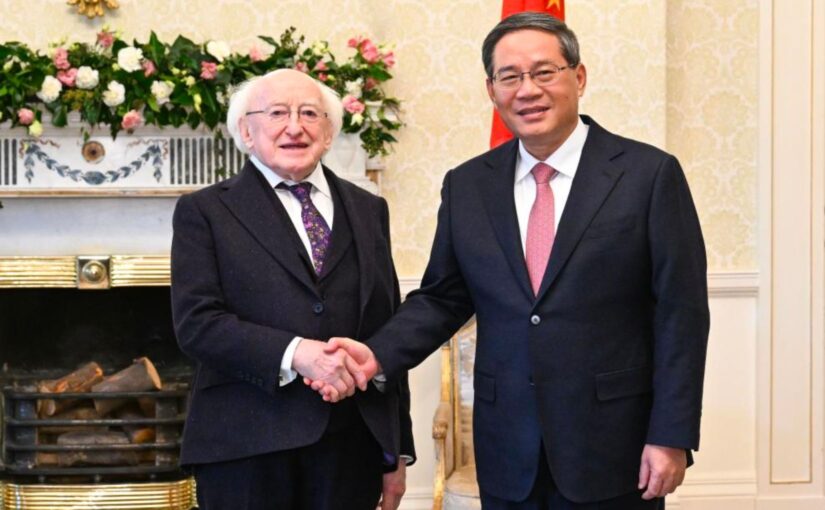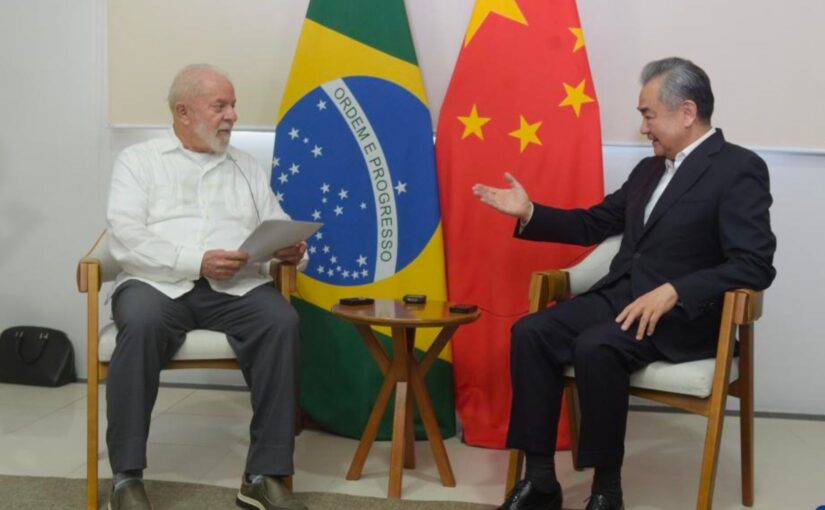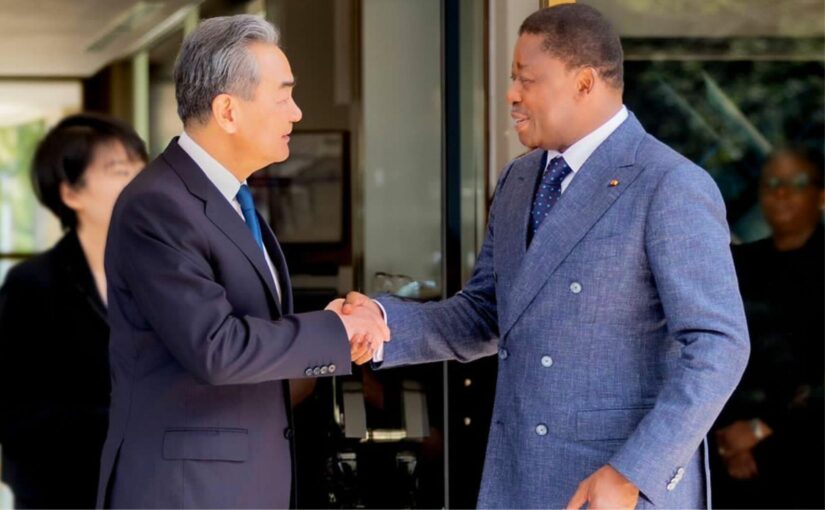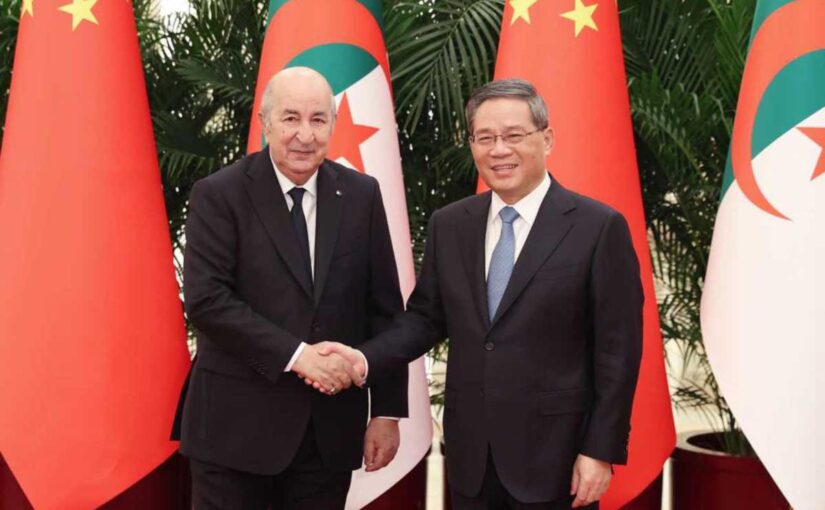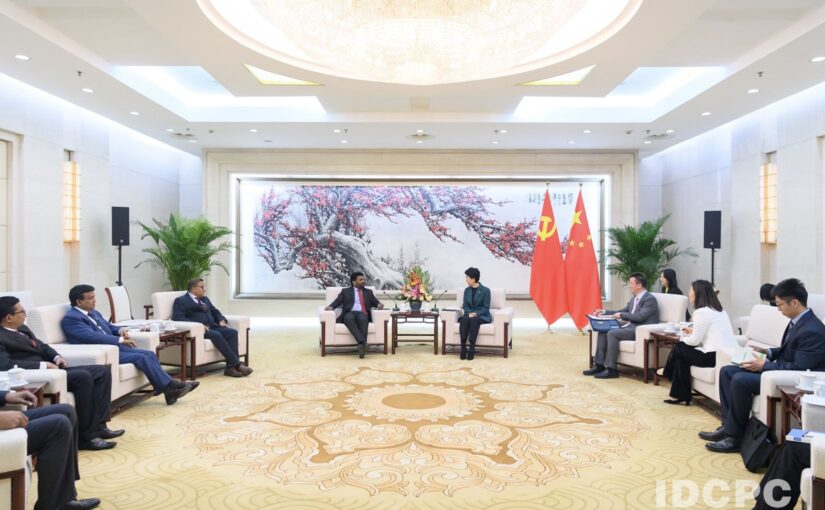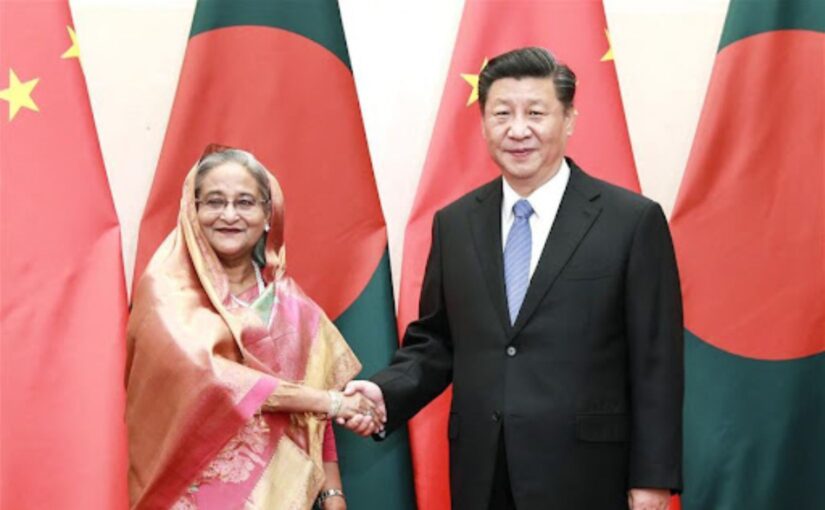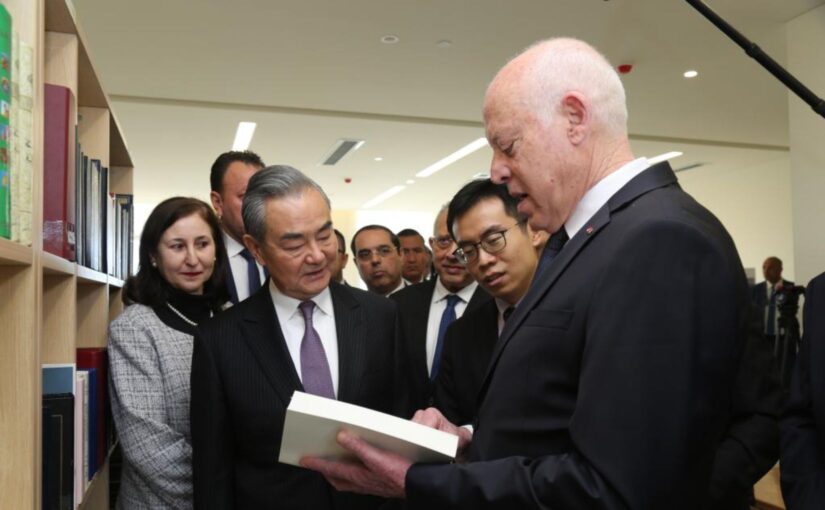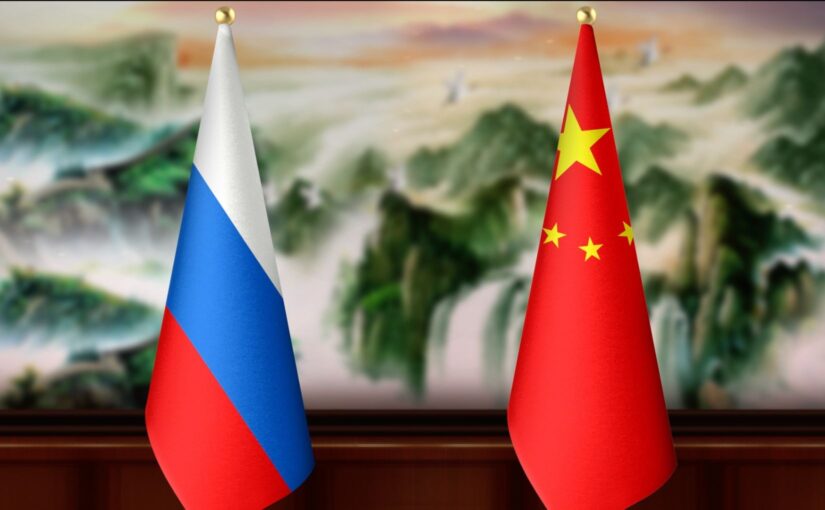Following last December’s Central Conference on Work Relating to Foreign Affairs, held in Beijing, an important article by Chinese Foreign Minister Wang Yi was published on January 16, in which China’s top diplomat comprehensively outlined the themes of the conference and gave a profound exposition of the key features and theoretical background of Xi Jinping Thought on Diplomacy.
According to Wang Yi, Xi Jinping Thought on Diplomacy is “a shining example of applying the basic tenets of Marxism to the practice of China’s diplomacy and fine traditional Chinese culture. It has not only built on the proud diplomatic tradition of New China but also kept abreast of the times, broken new ground and opened up new vistas in China’s diplomatic theory and practice.”
He goes on to explain that “building a community with a shared future for humanity is the core tenet of Xi Jinping Thought on Diplomacy. It reflects the high consistency of the Communist Party of China’s founding aspiration and mission with the trend of our times, and embodies the broadest common expectations of people around the globe for a better world. With tremendous theoretical value and far-reaching historical significance, this vision is gaining increasingly strong influence, vitality and appeal.”
The fundamental safeguard for China’s diplomacy and foreign policy, he notes, is the leadership of the Communist Party of China (CPC). “CPC leadership is our greatest political strength and the defining feature of socialism with Chinese characteristics. It is also the most fundamental principle and greatest source of strength for China’s diplomacy.”
Reviewing the achievements of China’s diplomacy over the last decade, Wang Yi outlined six imperatives, namely that it “is imperative to uphold principles, shoulder China’s responsibility as a major country, apply systems thinking, uphold fundamental principles and break new ground, carry forward our fighting spirit, and leverage our institutional strengths.”
Further developing this theme, he explains:
“On major issues of right and wrong, it is imperative to uphold principles. China is a socialist country led by the CPC. We should take a clear position by standing on the progressive side of history and on the side of fairness and justice, work actively to meet the common aspirations and legitimate concerns of people of all countries, and demonstrate the people-centeredness of the CPC and the commitment to serving the people in China’s foreign policy. This way, we will always rally abundant support for the just cause, hold the high ground of justice and have strategic initiative.
“It is incumbent on China, the biggest developing country and a major country, to uphold justice in a world undergoing profound changes and turbulence and to shoulder responsibility at critical moments, and hence be a firm defender of world peace and champion of global development. “At the same time, and through Chinese modernisation, we are ready to be helpful in the efforts of other developing countries that want to achieve development while preserving their independence, so that all countries will be able to embark on the right path toward modernisation through peaceful development.
“In developing strategies and policies, it is imperative to apply systems thinking. The CPC, a Marxist party armed with theories of dialectical and historical materialism, should know how to analyse, study and assess the international situation with the understanding that things are universally connected and constantly evolving. “We should be able to see the present from a historical perspective and look beyond the surface to get to the crux of issues, so as to discern and analyse accurately the laws and direction of the profoundly changing world, and formulate sound foreign policies.”
Regarding assessing risks and challenges, “it is imperative to carry forward our fighting spirit. The CPC has never been deterred by intimidation, swayed by fallacies, or cowed by pressure. Only with the courage and ability to carry on our fight, can we overcome various difficulties and obstacles. Going forward, we will face an even more severe international situation and more complex external environment. We must forge ahead with an indomitable spirit and tenacious efforts to open up new horizons in our external work.”
Wang notes that at the conference, it was pointed out that great transformation is accelerating across the world. Changes of the world, of our times, and of historical significance are unfolding like never before, and the world has entered a new period of turbulence and transformation. Yet the overall direction of human development and progress will not change, the overall dynamics of world history moving forward amid twists and turns will not change, and the overall trend toward a shared future for the international community will not change.
A country’s foreign policy, he went on to explain, is closely linked to its domestic agenda as its external and internal imperatives correlate and interplay with each other. “At a fundamental level, we should handle the relationship between the three well: a community with a shared future for humanity, global transformation, and Chinese modernisation. Building a great modern socialist country in all respects and achieving national rejuvenation through Chinese modernisation is the top political priority on the new journey of the new era. To accomplish this central task of the Party and the country, we must hold high the banner of building a community with a shared future for humanity to steer global transformation in the right direction. We need to pursue China’s development in the broader development of the world, and advance the interests of both the Chinese people and people the world over. By doing so, we will facilitate the move toward a brighter future of peace, security, prosperity and progress in the world.”
Turning to multipolarity, Wang described it as the general trend of the world today. Great transformation is accelerating across the world. The international balance of power is undergoing profound realignment. The Global South is gaining a stronger momentum, shaping the trajectory of world history in a profound way. The overwhelming majority of the members of the international community, be they big or small, all stand for a multipolar world and reject the old path of bloc confrontation and zero-sum competition, still less a repeat of war and conflict.
The multipolar world China champions is one based on equality. It means all countries, regardless of their size, are treated as equals; hegemonism and power politics are rejected; international affairs are not dominated by only a handful of countries; and democracy is truly promoted in international relations. Each and every country or group of countries should have its place in the multipolar system, and the conventional myth that multipolarity is the monopoly of a few big powers should be debunked.
Similarly, the economic globalisation China advocates is one that is universally beneficial. It means meeting the common needs of all countries, especially the developing countries, properly addressing the development imbalances between and within countries resulting from the global allocation of resources and delivering balanced and adequate development. This will help foster a globalisation process that enables faster development of all countries, especially the developing countries, and ensure universal benefit and common prosperity.
The following is the full text of Comrade Wang Yi’s article. It was originally published on the website of the Chinese Foreign Ministry.
Implementing the Guiding Principles of the Central Conference On Work Relating to Foreign Affairs and Breaking New Ground In Major-Country Diplomacy with Chinese Characteristics
At the end of December 2023, the Central Conference on Work Relating to Foreign Affairs was successfully held. General Secretary Xi Jinping delivered an important address at the conference, in which he presented a comprehensive review of the historic achievements and valuable experience of major-country diplomacy with Chinese characteristics in the new era, gave a profound exposition on the international environment and historical mission of China’s external work on the new journey, and made comprehensive plans for China’s external work for the present and coming periods. The conference identified the theme of China’s external work as building a community with a shared future for mankind, set the noble goal pursued by China in conducting major-country diplomacy with Chinese characteristics, and laid out the top-level plan for China’s diplomatic strategies on the new journey ahead. Practiced and developed over the first decade of the new era, Xi Jinping Thought on Diplomacy has increasingly demonstrated its extraordinary theoretical quality of keeping in sync with and leading the times, a testament that our Party’s understanding of China’s relations with the world has reached a new and higher level.
Continue reading Wang Yi: Contributing to a brighter future of peace, security, prosperity and progress in the world